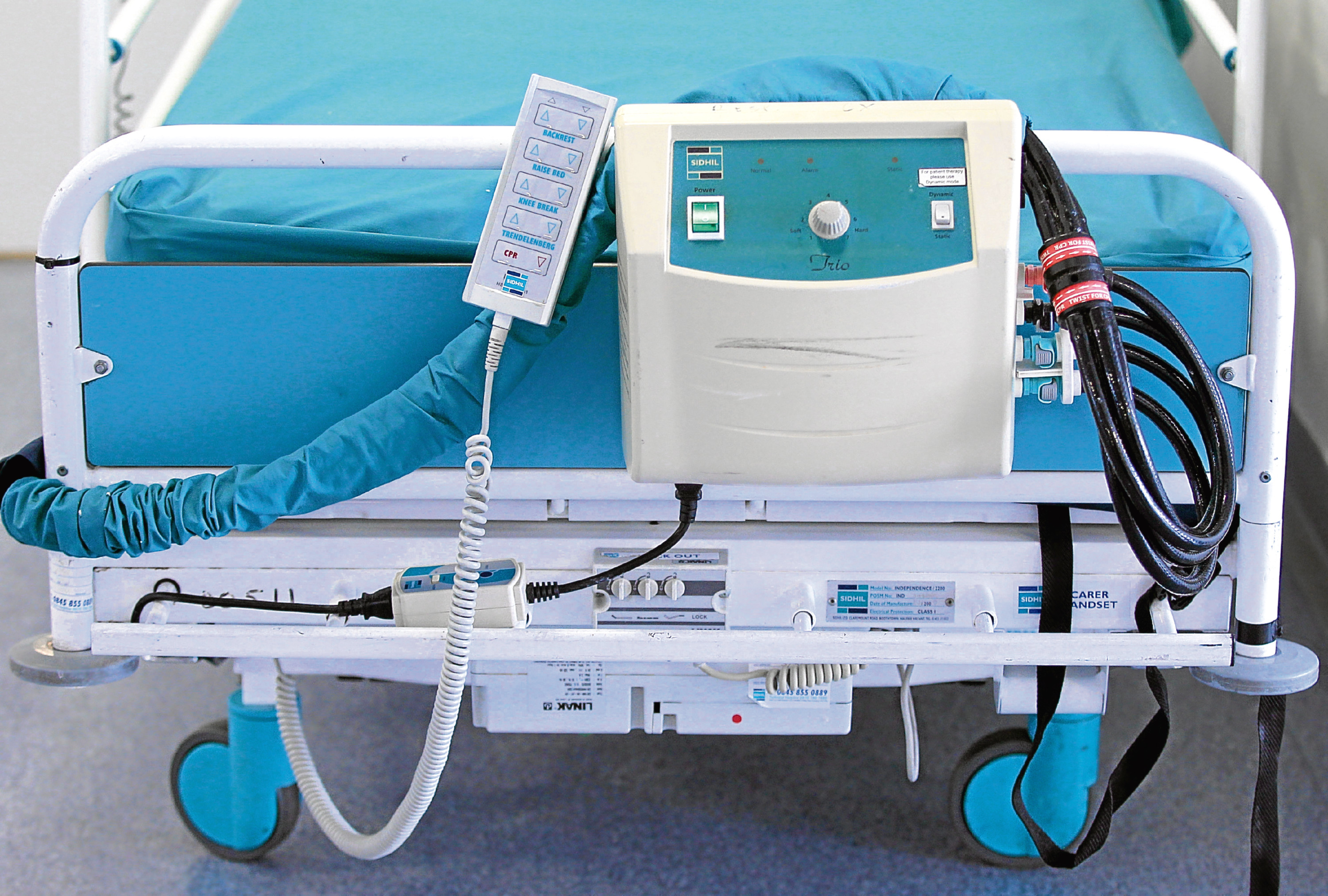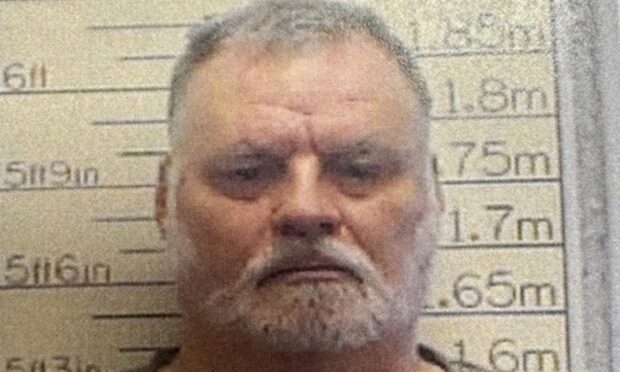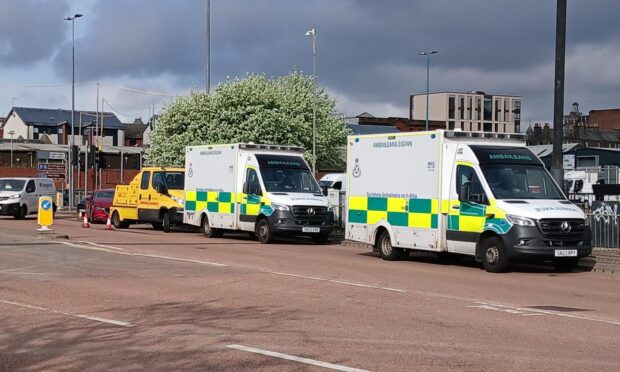Cash-strapped NHS Tayside has been hit with 136 medical negligence claims in three years, in some cases being forced to pay out more than £100,000.
The health board, which was recently bailed out by the Scottish Government, settled 21 of the claims out of court, while 44 proceeded to litigation.
Of those which reached court, 11 were settled, some at an amount more than £100,000.
The figures, for the years 2014 to 2017 exclude claims made by patients who have had a mesh implant, a procedure that was suspended in 2014 due to a large number of women suffering complications.
A spokesperson for NHS Tayside said: “More than 35,000 surgical procedures are performed by NHS Tayside every year and these claims represent a very small number of cases compared to the number of patients we see.
“However, we take every incident extremely seriously and always carry out a thorough investigation and implement any lessons learned. In a small number of cases where appropriate, a compensation payment is made.
“NHS Tayside is committed to delivering safe, high-quality patient care and our healthcare professionals are constantly striving to ensure that risks are kept to a minimum.”
The figures came soon after it was revealed that medical negligence payments had risen to an all-time high in Scotland.
There were 251 payments across the country in 2015/16, up 38 on the previous year and almost double the 132 made in 2010/11.
Bill Bowman, Scottish Conservative MSP for the North East Region, said: “These figures are alarming and will hit NHS Tayside’s budget hard at a time when government spending north of the border has not kept pace with that in England.
“We know that incidences of clinical negligence have risen across the country. We cannot simply allow this to be brushed under the carpet – lessons need to be learned where mistakes have been made.
“The statistics also show that many compensation claims that are made do not result in a payout.
“That could well be interpreted as a reflection on the culture that we now live in where patients are more likely to sue if they are unhappy.”
A Scottish government spokesman said Scotland has one of the most transparent healthcare systems in the world and that NHS “learns constantly from care experiences that go well and those where standards falls short”.
The spokesman added: “Particularly in rare case of clinical negligence, boards and care professionals must learn from these situations and make improvements.
“The new duty of candour procedure in the Health Act, which comes into force next year, will further improve patient safety and rights.
“Where a person has suffered harm following an unintended or unexpected event during a period of care, it will place a duty on organisations providing health and social care to be fully open and conduct a review focused on learning and improvement, as well as publishing an annual duty of candour report.”
The victims
A number of cases have made headlines over the past three years, including widower John Shaw’s bid for £150,000 damages in 2014, after his wife died of hepatitis B.
The 61-year-old woman was admitted to Ninewells for what the couple believed would be a routine procedure to remove fluid from her leg following a previous amputation.
However, she became seriously ill after contracting the infection and died days later.
In 2016 former shopkeeper Naveed Rubbani brought a case against NHS Tayside after claiming that the wrong disc in his spine was operated on by a surgeon.
At the time, he was suing the health board for up to £75,000.
In the same year, Angus man Barry Leal threatened to take NHS Tayside to the European Court of Human rights in a bid to win compensation and an apology after a hip operation was said to have left him in constant pain.
The 37-year-old claims the hip replacement operation left him unable to work for 10 years.










